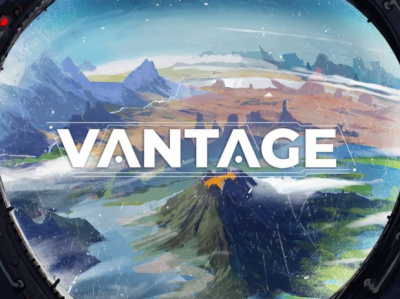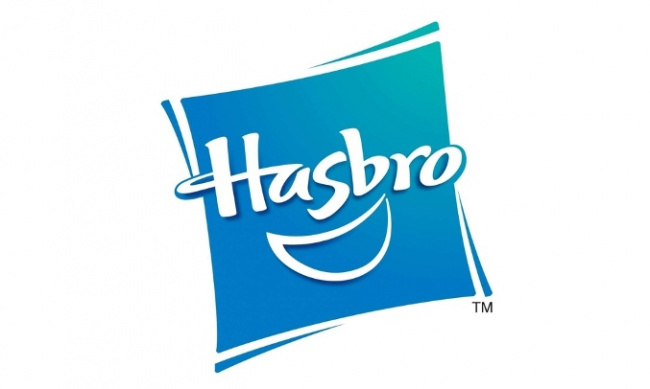 Toys and games were up a lot at Barnes & Noble in the quarter and year that ended May 3rd, according to Barnes & Noble Retail Group CEO Mitch Klipper in the company’s conference call Wednesday, as transcribed by Seeking Alpha and corrected by ICv2. The category was up 15.1% for the quarter and 11.7% for the year, and the company believes that it is "just scratching the surface with the specialties, hobbies and collectibles that have further room to grow this business, which includes high end collectibles such as Lego Architecture, Middle Earth, DC, and Marvel," Klipper said.
Toys and games were up a lot at Barnes & Noble in the quarter and year that ended May 3rd, according to Barnes & Noble Retail Group CEO Mitch Klipper in the company’s conference call Wednesday, as transcribed by Seeking Alpha and corrected by ICv2. The category was up 15.1% for the quarter and 11.7% for the year, and the company believes that it is "just scratching the surface with the specialties, hobbies and collectibles that have further room to grow this business, which includes high end collectibles such as Lego Architecture, Middle Earth, DC, and Marvel," Klipper said. Overall sales trends in the bookstores remain negative, and the company plans to close 20 of its 661 U.S. stores and open none in fiscal 2015. This is consistent with the company’s planned closure of up to one third of its stores in the coming decade (see "B&N Confirms Plans to Close Stores").
Core comparable bookstore sales were down 1.9% for the quarter, which included the unusually inclement February, and 3.1% for the year. The company expects that measure of same store sales (which excludes Nook products) to decline in the low single digits in the next fiscal year.
Sales in the Retail segment (Barnes & Noble stores and BN.com) were up .8% in Q4 and down 6% for the fiscal year. Behind a strong performance by its college store division, overall sales (retail, college, and Nook) were up 3.5% for the quarter and down 6.7% for the year. Nook device and content sales continue to decline precipitously, down 22% for the quarter and 35% for the year.
Profitability improved, although that doesn’t mean that the company made a profit. The Q4 loss was $36.7 million, and the loss for the year was $47.3 million, with the losses driven by the Nook unit.
The company is planning to clean up its structure in the next nine months by spinning off its Nook Media unit into a separate, publicly traded company. One complicating factor: it would make sense to group the bookstores and college stores together, but the college stores are in Nook Media, which was a way to induce investments from Pearson and Microsoft (see "Pearson Invests in Nook"). Management was resolute in refusing to discuss the issue in the conference call, but there were hints that the current structure of Nook Media might not be the same when it is spun off.







